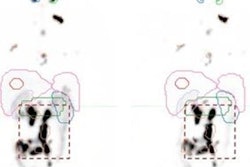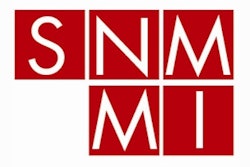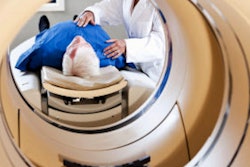
The Society of Nuclear Medicine and Molecular Imaging (SNMMI) and the American College of Nuclear Medicine (ACNM) have submitted a joint statement opposing any changes in the U.S. Nuclear Regulatory Commission's (NRC) training and experience requirements for healthcare personnel to administer radiopharmaceuticals.
The NRC is pondering the creation of a "limited user" category for physicians with little or no background in nuclear medicine. While no formal framework is in place, it is anticipated that the training and experience requirements to become a limited user would be much less rigorous than the current standards for authorized users and other nuclear medicine practitioners.
Proponents assert that a limited user classification would improve patient access to treatment, especially in rural and underserved areas, and satisfy future demand for qualified physicians and other medical staff to administer radiopharmaceuticals.
But in their submission to the NRC, the SNMMI and ACNM express their support for keeping the status quo on training and experience requirements. Current standards are "critical to be able to provide high-quality care to patients and to ensure their safety; as well as that of their families and the general public," they wrote.
The organizations added that radionuclide therapy "can be administered safely only by personnel with an extensive understanding of radiation physics, radiopharmacy, pharmacokinetics, dosimetry, and radiation biology, as well as the principles and practices of radiation safety."
They also believe there are enough authorized users to meet current and future radioisotope therapy needs in the U.S.
"As such, there is no need for a new limited authorized user category for administration of parenteral radionuclide therapy," they wrote.




















